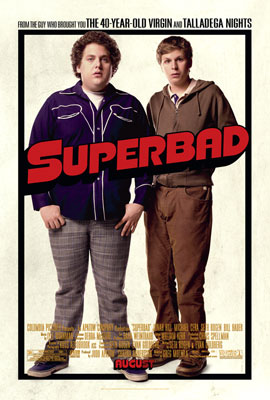Thursday, April 08, 2004
Foreskin and Seabed Debate
Debate is raging and confusion widespread in New Zealand over the new foreskin and seabed legislation that the Government is trying to introduce. Essentially a public health issue the debate has become highly politicised in recent times.
I always find it helpful to add a little history and context to any debate in order to help properly explain it to the public.
Lets start at the beginning. The native people of New Zealand - foreigner's may recognise such prominent members as Dame Kiri Ti Kanawa and Jake the Muss - are known as the Maori, and since they first arrived in the country have used the country's seabed in order to keep their foreskins clean.
Sand is very abrasive and has exfoliating properties. The tribes that located on the West Coast of New Zealand were less fortunate in terms of foreskin hygiene as the rocky terrain did not facilitate cleanliness.
The foreskin on the seabed tradition has become mainstream and now is as much a part of everyday Kiwi life as airing futons and catching the tube.
Recently some of the more politicised tribes have tried to exert what they believe to be their "customary title" over the foreskin practice, their argument is that they first cleaned their foreskins on the seabed and therefore should have exclusive rights to the practice.
Further, and quite rightly, they say they were never fairly compensated by the colonialists for their intellectual property rights over foreskin cleaning.
Faced with white-fright the Government has reacted - rather too hastily for the liking of their coalition partner the United (Praise God) Future Party - by trying to ensure that all New Zealander's, regardless of origin, will have access to clean their foreskins on the seabed.
Through legislation the Government have tried to keep foreskin cleaning in the public domain, yet opposition from Tauranga - where old white people go to die - based minority party New Zealand First, led to this phrase being removed.
Several of the Government's own MP's - Tariana Turia, Nanaia Mahuta and Gerogina Beyer - have rebelled threatning not to endorse the Government's proposal. All three are underpressure from their constituents to protect Maori customary foreskin rights.
Other concerned parties are coastal landowners who fear that the general public will be able to cross their properties in order to access the seabed for foreskin cleaning.
The Israeli Embassy in New Zealand has also protested saying the entire legislation is anti-semitic.
The legislation presently states that you have unimpeded access to an area if you have concrete evidence of a relative having cleaned their foreskin on the seabed prior to 1840.
I always find it helpful to add a little history and context to any debate in order to help properly explain it to the public.
Lets start at the beginning. The native people of New Zealand - foreigner's may recognise such prominent members as Dame Kiri Ti Kanawa and Jake the Muss - are known as the Maori, and since they first arrived in the country have used the country's seabed in order to keep their foreskins clean.
Sand is very abrasive and has exfoliating properties. The tribes that located on the West Coast of New Zealand were less fortunate in terms of foreskin hygiene as the rocky terrain did not facilitate cleanliness.
The foreskin on the seabed tradition has become mainstream and now is as much a part of everyday Kiwi life as airing futons and catching the tube.
Recently some of the more politicised tribes have tried to exert what they believe to be their "customary title" over the foreskin practice, their argument is that they first cleaned their foreskins on the seabed and therefore should have exclusive rights to the practice.
Further, and quite rightly, they say they were never fairly compensated by the colonialists for their intellectual property rights over foreskin cleaning.
Faced with white-fright the Government has reacted - rather too hastily for the liking of their coalition partner the United (Praise God) Future Party - by trying to ensure that all New Zealander's, regardless of origin, will have access to clean their foreskins on the seabed.
Through legislation the Government have tried to keep foreskin cleaning in the public domain, yet opposition from Tauranga - where old white people go to die - based minority party New Zealand First, led to this phrase being removed.
Several of the Government's own MP's - Tariana Turia, Nanaia Mahuta and Gerogina Beyer - have rebelled threatning not to endorse the Government's proposal. All three are underpressure from their constituents to protect Maori customary foreskin rights.
Other concerned parties are coastal landowners who fear that the general public will be able to cross their properties in order to access the seabed for foreskin cleaning.
The Israeli Embassy in New Zealand has also protested saying the entire legislation is anti-semitic.
The legislation presently states that you have unimpeded access to an area if you have concrete evidence of a relative having cleaned their foreskin on the seabed prior to 1840.
Comments:


















Post a Comment